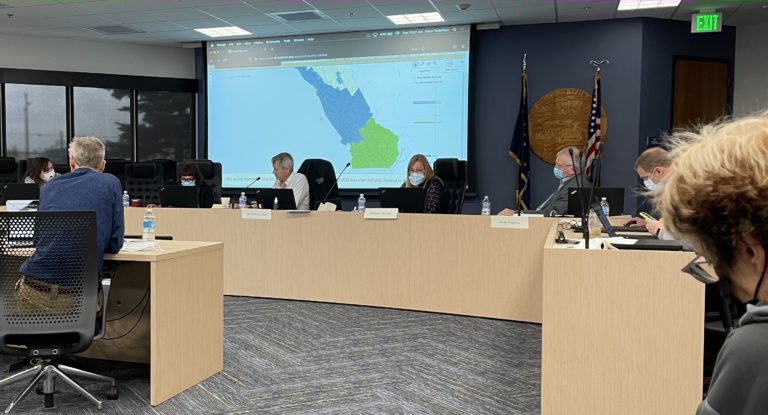The Alaska Senate has passed Senate Bill 22, sponsored by Sen. Elvi Gray-Jackson, an Anchorage Democrat. If passed by the House and signed by the governor it would bring the number of official state holidays to 12, by the addition of June 19, also known as Juneteenth.
The recognition marks a day in 1865 when Union soldiers arrived in Galveston, Texas, and proclaimed the Civil War had ended and that all enslaved people were free. The slaves and their ancestors called the day Juneteenth, the emancipation of people who had been sold into slavery and brought to the Americas starting in colonial times.
Then-Rep. Lesil McGuire sponsored a bill in 2001 that recognized the third Saturday of June as Juneteenth Day.
That was not enough for Sen. Gray-Jackson and most of the members of the Senate. They want to shut down the productivity of the State of Alaska by making it a paid holiday.
The current schedule of government shutdown days in Alaska are:
- New Year’s Day (January 1)
- Martin Luther King Jr. Day (3rd Monday in January)
- President’s Day (3rd Monday in February)
- Seward’s Day (Last Monday in March)
- Memorial Day (Las Monday in May)
- Independence Day (July 4)
- Labor Day (1st Monday in September)
- Alaska Day (October 18)
- Veterans Day (November 11)
- Thanksgiving Day (4th Thursday in November)
- Christmas Day (December 25)
- Every Sunday
The fiscal cost of another government holiday are unclear, and the fiscal notes are muddy. But those state workers who must work that day would be paid double the salary, so the entire Department of Corrections, Public Safety, and various divisions of other departments would incur significant costs.
The Assembly in Anchorage has recently added Juneteenth to the list of paid city holidays. President Joe Biden also shut down the federal government on that day, by executive order.
“This is an important process to bring awareness to the significance of Juneteenth and honor the end of slavery within this nation and acknowledge our history,” said Sen. Gray-Jackson. “It is a moment to reflect, celebrate, and become empowered as a free people. I hope that the passage of this bill will ensure that we as a nation and a state do a better job in talking about what’s painful and create a more just future for all the country.”
Voting for the new state holiday were Sens. Click Bishop, Jesse Bjorkman, Matt Claman, Forrest Dunbar, Cathy Giessel, Gray-Jackson, Lyman Hoffman, James Kaufman, Scott Kawasaki, Jesse Kiehl, Kelly Merrick, Donny Olson, Bert Stedman, Gary Stevens, Loki Gale (she/her) Tobin, and Bill Wielechowski.
Voting against the bill were Sens. Mike Shower, Rob Myers, Shelley Hughes, and David Wilson.
The bill is now in Alaska House, where it will probably not make it to the floor for a vote during the final days of this legislative session.








